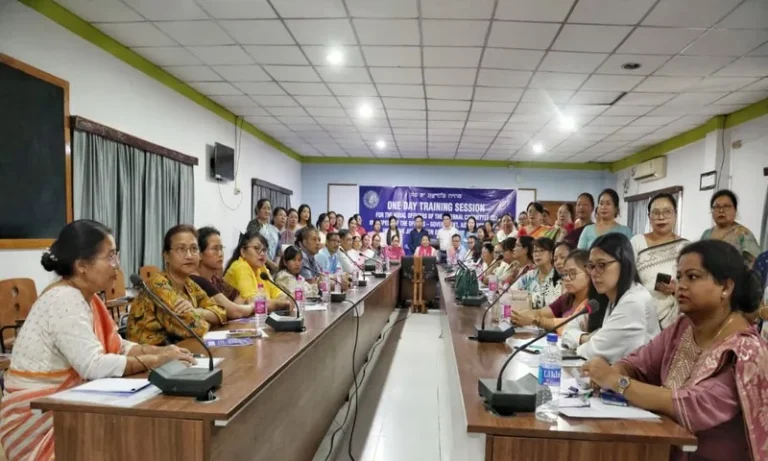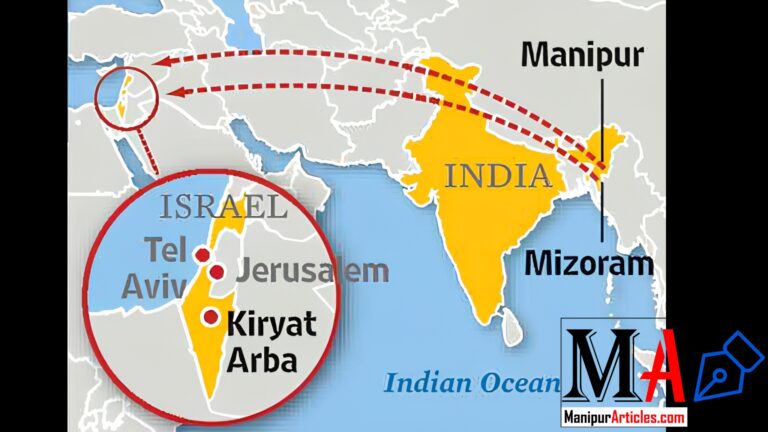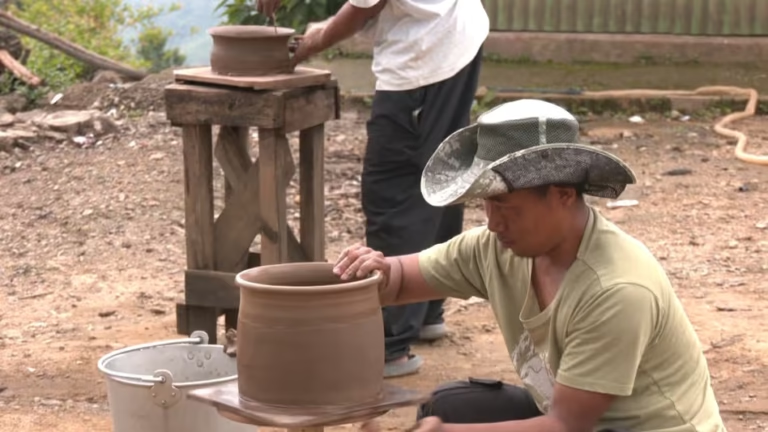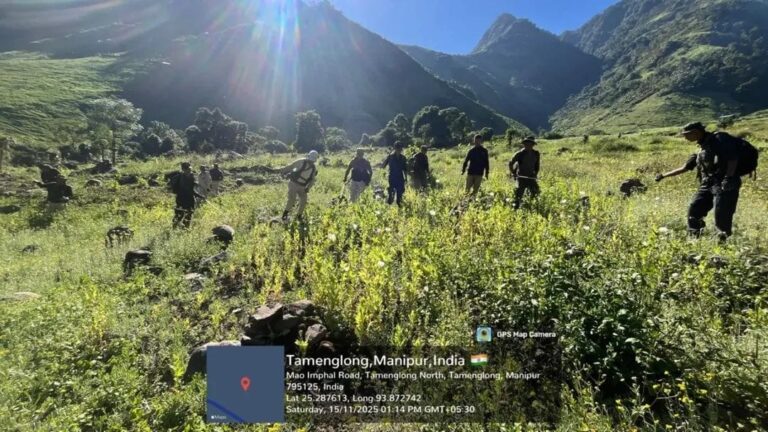29 Individuals Detected With Invalid ILP In Manipur, Deported: CM Biren
Summary
In Manipur, 29 individuals were deported for holding invalid Inner Line Permits (ILPs), which were improperly issued under the labour category. Chief Minister N. Biren Singh announced measures to tighten the ILP system, including forming a review committee to assess its implementation and ensuring strict adherence to guidelines. The CM urged applicants to follow proper procedures to avoid discrepancies.
Full Article
Ensuring Compliance with ILP Guidelines in Manipur
Manipur recently made headlines when 29 individuals were deported for using invalid Inner Line Permits (ILPs). These permits, vital for protecting the state’s demographic and cultural interests, are governed by the Manipur ILP Guidelines, 2019. But what does this mean for residents, migrants, and policymakers? Let’s dive in!
What Happened?
A special ILP inspection drive conducted by the Mayang Imphal Police revealed discrepancies in the permits of 29 individuals working in a local bakery. After verification, authorities found these permits had been issued in violation of the guidelines, leading to their cancellation and the individuals’ deportation to their home states.
This incident underscores the importance of adhering to the rules. It’s not just about having the right papers—it’s about ensuring they’re obtained through legal and ethical channels.
Why Is the ILP System Important?
The Inner Line Permit is more than a piece of paper—it’s a shield protecting the indigenous communities of northeastern states like Manipur. Introduced under the Bengal Eastern Frontier Regulation, 1873, the ILP regulates the entry of non-locals, ensuring they respect the local culture, economy, and environment.
Think of it as a firewall. Just like your computer has measures to prevent unauthorized access, the ILP system acts as a safeguard for Manipur, balancing development with cultural preservation.
The Fallout: What Did the Government Do?
Chief Minister N. Biren Singh announced immediate measures to strengthen the ILP system. Here’s what they’re doing:
- Review Committee: A high-level team has been formed, including members from the Home Department, UIDAI, and district officials. Their job? Conduct a comprehensive review of the ILP implementation process and report back within 15 days.
- Public Awareness: The CM urged all ILP holders to double-check their permits and ensure they fall under the appropriate category.
- Strict Enforcement: Authorities are doubling down on compliance checks, ensuring that no one slips through the cracks.
What Does This Mean for Permit Holders?
If you’re planning to work, study, or travel in Manipur, now’s the time to get your papers in order. The government isn’t just issuing permits—they’re scrutinizing them to ensure authenticity.
Are you wondering if this affects tourism? Don’t worry! Short-term ILPs for visitors are still in place, allowing you to explore Manipur’s breathtaking landscapes. Just remember to follow the rules.
A Wake-Up Call for Other States?
Manipur’s crackdown on invalid ILPs could set a precedent for other northeastern states. It’s a reminder that protecting cultural identity and resources is a shared responsibility.
The Broader Implications
Manipur’s actions highlight a growing need to address migration and resource allocation issues across India. With increasing pressure on local resources, systems like the ILP ensure equitable development without sidelining indigenous communities.
Takeaways for Residents and Migrants
- Always apply for permits through authorized channels.
- Keep track of your permit’s validity and category.
- Support initiatives that protect local culture and resources.
FAQs
- What is an Inner Line Permit (ILP)?
An ILP is a travel document required by outsiders to enter certain protected states in India, including Manipur. - Why were the ILPs declared invalid?
The permits were issued under the labour category but didn’t meet the guidelines laid out in the Manipur ILP Guidelines, 2019. - How does this affect non-locals in Manipur?
Non-locals need to ensure their ILPs are valid and obtained legally. Those found with invalid permits may face deportation. - What steps is the Manipur government taking?
A review committee has been formed to tighten the ILP system and improve compliance. - Does this impact tourists?
Tourists can still visit Manipur with short-term ILPs but must follow all regulations.





